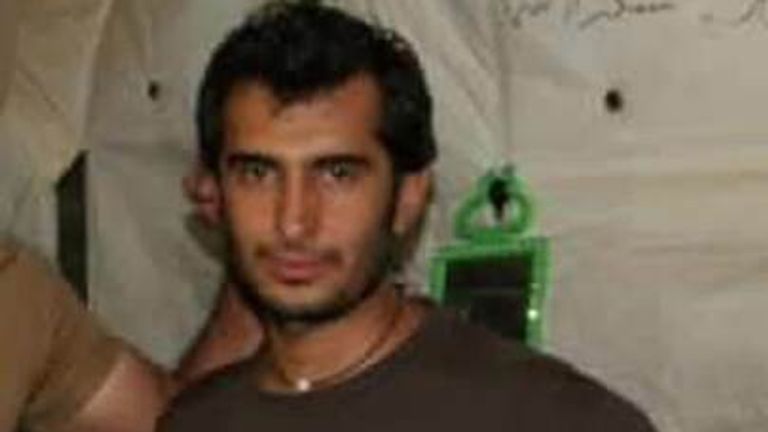Rwanda has received three home secretaries from the UK but not a single asylum-seeker.
James Cleverly is the latest to fly to Kigali since the UK-Rwandan deportation plan was announced in April 2022 – following in the footsteps of Priti Patel and Suella Braverman who were staunch supporters of the plan but still unable to get it past the UK courts.
On 15 November, the UK Supreme Court dismissed the plan as “unlawful” and said that Rwanda is not safe for asylum-seekers who cannot run the risk of deportation to their home countries.
Politics latest: Tory splits on migration spill into public view
Today, the two countries went beyond their original Memorandum of Understanding (MOU) and signed an internationally-binding treaty.
The 43-page document – the first of its kind – delves into guarantees around the asylum process and mechanisms to safeguard against forced repatriation.
Agreement establishes appeal mechanism
Non-removal clauses that protect individuals, in spite of their status, and a monitoring committee of eight independent members will address any shortcomings in the asylum process.
While the Rwandan government completely rejected reports of UK lawyers being stationed in their courts, they have agreed to set up an Appeal Body that would include Rwandan judges working alongside Commonwealth judges – with asylum expertise – to oversee legal processes and to hear individual appeals.
But is it enough?
Human Rights Lawyer Dr S Chelvan thinks not.
“Even before the ink was dry on that memorandum of understanding on the 19th of April 2022, Rwanda sent a Syrian national back to Syria via Turkey.
“So it is not an issue of parliament being assured by these promises.
“It is a fact that we need to have clear, cogent, strong evidence to show that Rwanda will comply.”
The Rwandan government insists it has a proven track record on welcoming refugees and is currently hosting at least 135,000 refugees, asylum-seekers and other displaced people as of the end of September, according to the UN.



